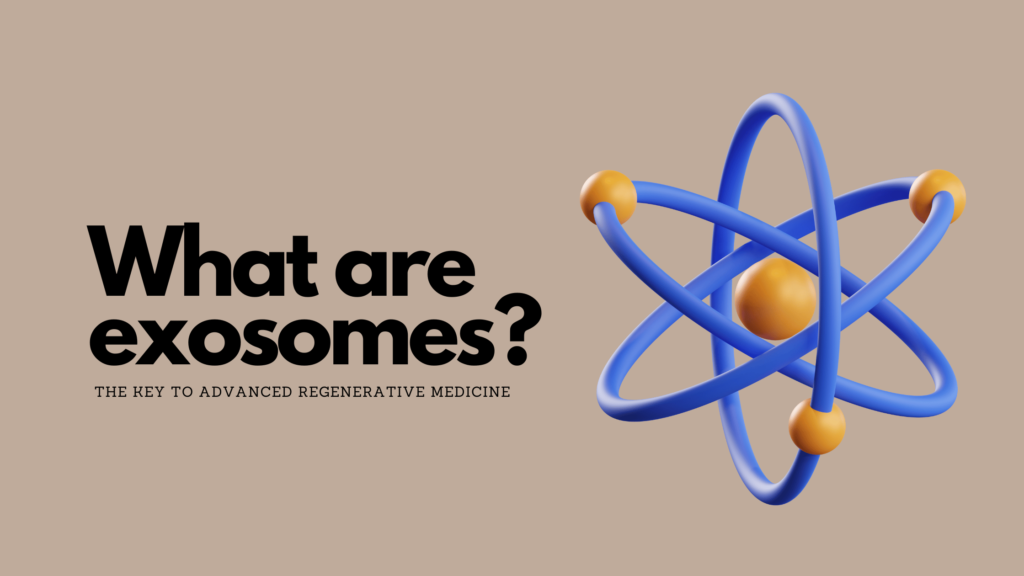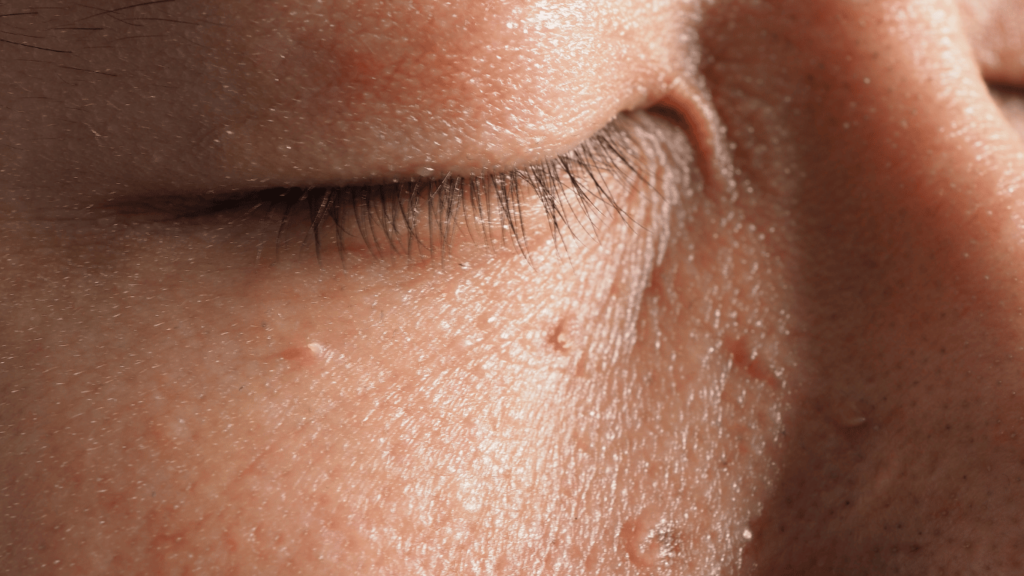Exploring the Revolutionary Potential of Exosomes Therapy in Regenerative Medicine
In recent years, regenerative medicine has made amazing progress, bringing new hope for the treatment of many health problems.One of the most exciting discoveries is exosomes therapy, a modern approach that uses tiny natural particles called exosomes to help the body heal and repair tissues. In this article, we will explore what exosomes are, how exosomes therapy works, and how it is being used in different medical fields. (photo source: Genetic Engineering and Biotechnology News) Understanding Exosomes Exosomes are tiny, bubble-like particles released by cells in the body.They carry important molecules such as proteins, lipids, and genetic material (like RNA) from one cell to another.Through this cell-to-cell communication, exosomes help control many body functions and support healing. What Is Exosomes Therapy? Exosomes therapy uses these natural vesicles as a treatment tool.They are often collected from mesenchymal stem cells (MSCs), which are well-known for their strong regenerative power. How Exosomes Therapy Works Exosomes help the body heal through several key actions: 1. Cellular Communication:Exosomes act as messengers between cells. They deliver signals that can guide how other cells grow, divide, or respond to injury. This helps repair damaged tissues. 2. Regenerative Factors:Exosomes carry healing molecules like growth factors, cytokines, and microRNAs.These substances encourage new cell growth, support the formation of new blood vessels, and improve tissue repair. 3. Immunomodulation:Exosomes can calm overactive immune responses and reduce inflammation.This is especially useful for conditions where too much inflammation slows down recovery. Applications of Exosomes Therapy 1. Musculoskeletal Disorders:Exosomes therapy can help treat joint and muscle problems such as osteoarthritis, tendon injuries, and cartilage damage.It supports tissue repair, lowers inflammation, and helps reduce pain. 2. Cardiovascular Disease:Exosomes from cardiac progenitor cells or MSCs can improve heart function after injury.They may help rebuild heart tissue, form new blood vessels, and reduce scarring. 3. Neurological Disorders:For conditions like Alzheimer’s and Parkinson’s disease, exosomes from neural stem cells may protect brain cells and support repair.This could slow down disease progression and improve recovery. 4. Dermatology and Wound Healing:Exosomes therapy is also used in skin care and wound treatment.It boosts collagen production, speeds up healing, and improves overall skin texture and quality. . Future Outlook and Challenges While exosomes therapy is very promising, there are still challenges ahead.Researchers are working to improve how exosomes are collected, stored, and delivered to target areas.More studies are also needed to make sure treatments are safe, effective, and easy to produce on a large scale. Exosomes therapy represents a major step forward in regenerative medicine.By helping cells communicate and heal naturally, exosomes offer new and safe ways to treat many medical conditions. Start Your Healing Journey Make an appointment with us at EDCC, where we offer safe and FDA-approved exosomes therapy for dermatology treatments.
Exploring the Revolutionary Potential of Exosomes Therapy in Regenerative Medicine Read More »




